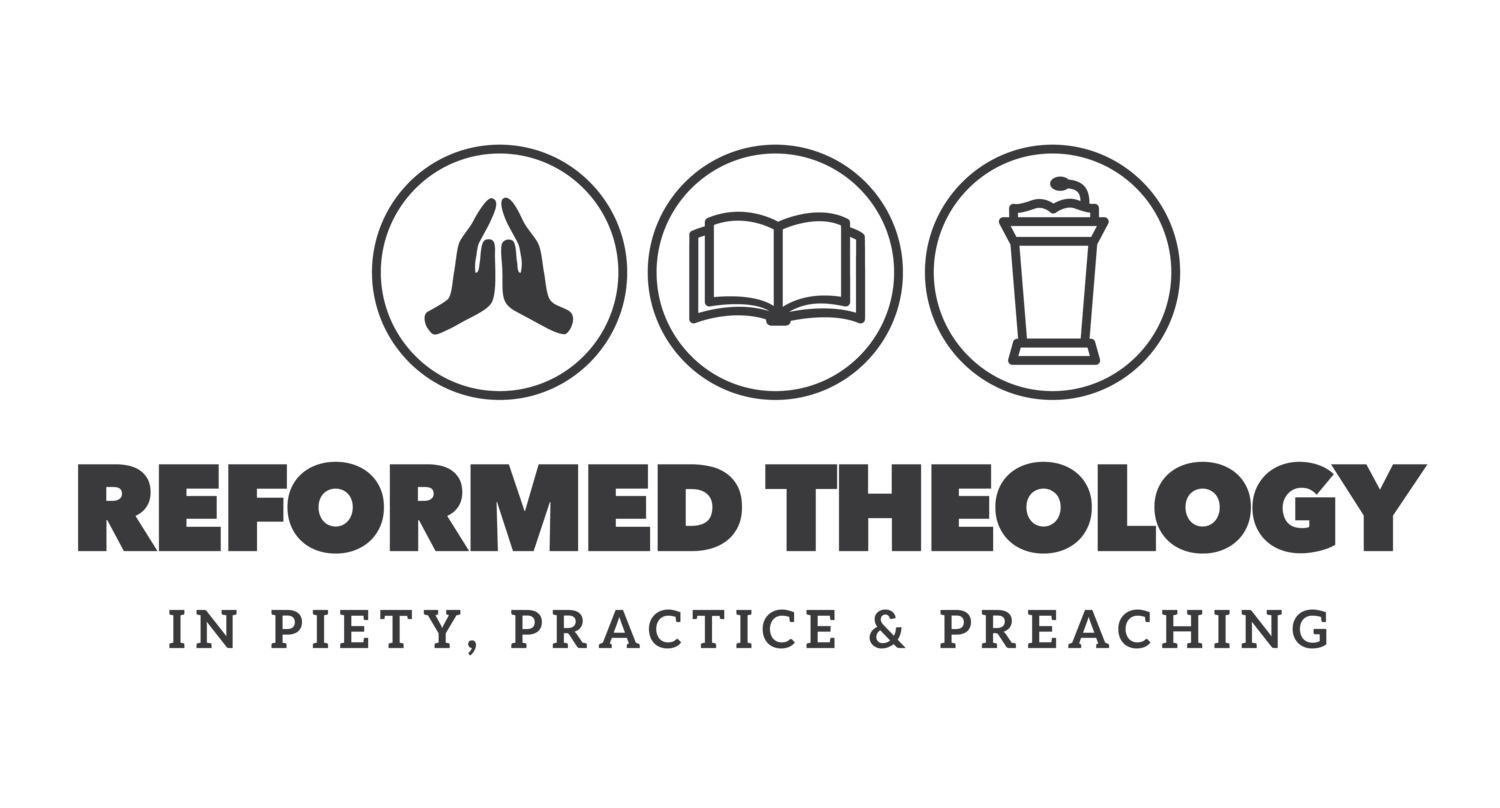It always thrills my heart to see young boys and girls express an interest in going to seminary. We once had a boy who was about eight years old show up on campus and tell us he wanted to go to seminary—he wanted to learn about the Bible because he was going to be a pastor. We had to restrain him a little because he was on fire to buy his Greek and Hebrew textbooks and start studying!
It’s often the case that young men and women know from an early age that seminary is in their future, so they begin making plans, especially when they’re considering choosing a college major. There is no one correct major to choose, though some are more beneficial than others. You can study basket weaving and come to seminary and learn a lot about the Bible. But if you’re planning ahead, you might want to choose a subject that will assist you rather than show up to seminary as a blank slate.
Some subjects that lend themselves to assisting you with seminary are history, philosophy, or literature. Knowledge of world history can be immensely helpful in the study of theology. Church history, remember, occurs in the context of world history. All too often theology students know about church history but can’t tell you much beyond it. If you know the flow of and major events in world history, you’ll have an excellent foundation for knowing how church history fits in it.
Philosophy is another useful subject. Many don’t realize it, but the story of theology is intertwined with the history of philosophy. Theologians, for better or worse, have employed philosophical language and ideas in constructing their theology. In this respect, as one philosopher once said, all of philosophy is a footnote to Plato and Aristotle. Study these two giants and you’ll have useful information to assist you in your seminary studies.
Similar things can be said about the study of literature. All too often new students come to seminary, and they can’t, to save their lives, string words together to build a coherent sentence, let alone write a research paper. Even though they’re college graduates, many students weave and dodge their way out of every opportunity to write papers. Studying literature, and writing about it, can assist you in becoming a better writer, communicator, and preacher. And note, by studying literature I don’t mean studying literary criticism. That is, studying what other people say about literature. Rather, studing literature means reading and studying great literary works. By studying literature, you can learn what constitutes powerful imagery and the craft of good story telling. By writing you learn how to communicate effectively, and effective writing can translate into cogent preaching. You might also be surprised that as you study literature, that you’ll learn a lot about theology. Literature often showcases anthropology, sin, virtue, vice, and even has a lot to say about God.
There are other fields that you can study to great benefit and profit, but history, philosophy, and literature are three choices that can be useful in the pursuit of a seminary degree.
